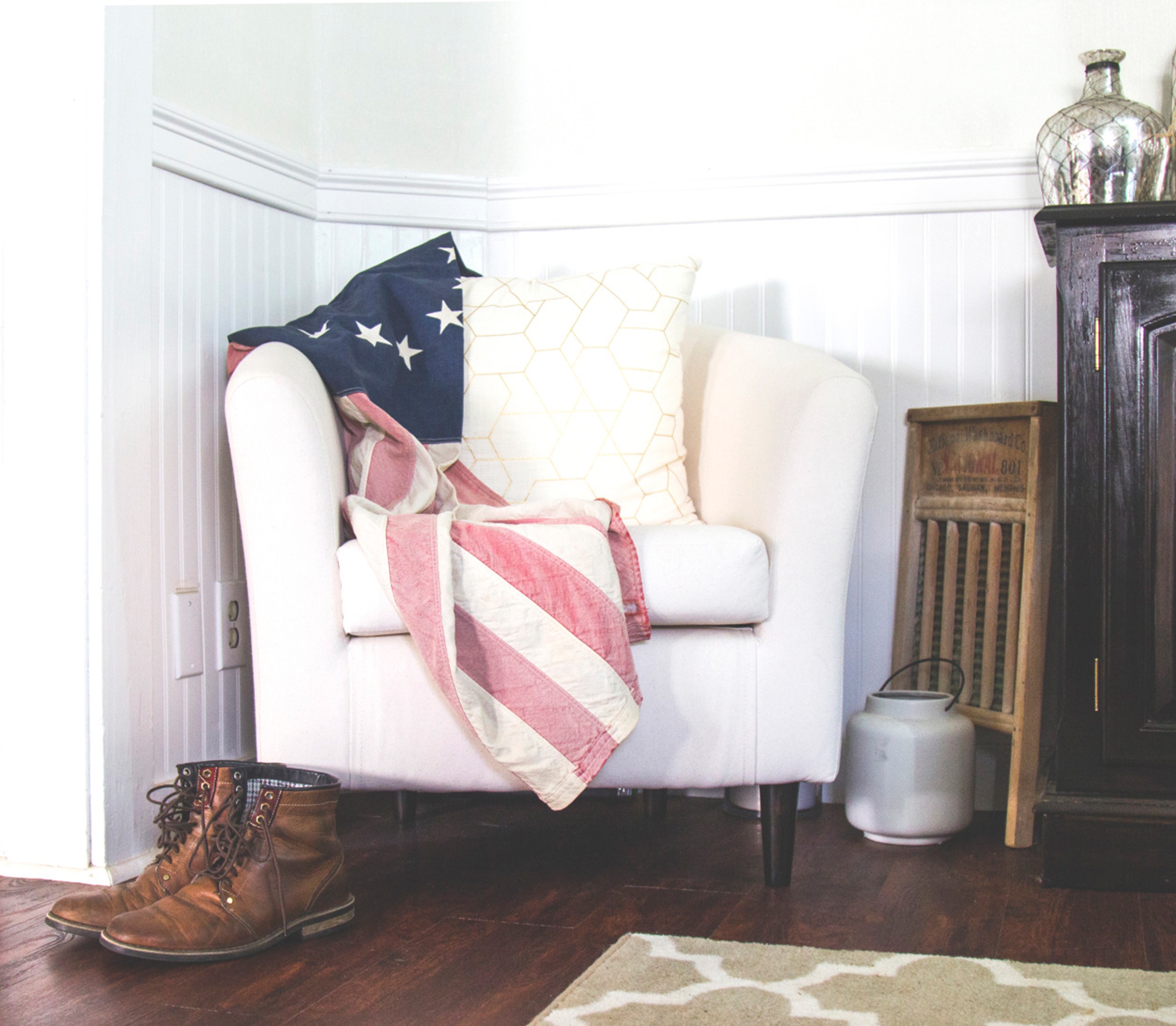Representative John Lewis has declined to attend the inauguration out of a belief that Russian interference in the election delegitimizes Trump’s presidency. Other lawmakers are following suit after Trump insulted Lewis for his decision. Here are four reasons why you should go anyway:
- Safety in numbers. A brown face automatically amounts to protest in many spaces, and that’ll be doubly true at the inauguration. Whether you’re holding a sign or not, if you’re brown your presence will be seen as an unwelcome challenge to some. Abandon the inauguration and we’re abandoning minorities and others who might need us for reassurance that they’re not alone.
- Don’t skip the first day of class. Being present will be a crucial part of how we deliver a strong message of solidarity over the next four years. We’ll need to be present at the polls, present at the rallies, present in our schools, present in our workplaces and present in the media. So, be present. The world is watching.
- We shouldn’t delay a movement because one man got insulted, no matter how admirable that one man’s record of advocacy and service might be. This is bigger than one person, and this is bigger than any one of us.
- Representative Lewis has concerns about how the Russians interfered in our election. So should we. But even if Trump didn’t earn the office on his own, how likely is it that we’ll be able to deprive him of it? He’s going to be the president whether we like it or not. Boycotting the inauguration will change nothing.
I’ll be out there on January 20. I hope to meet as many of you there as possible.
